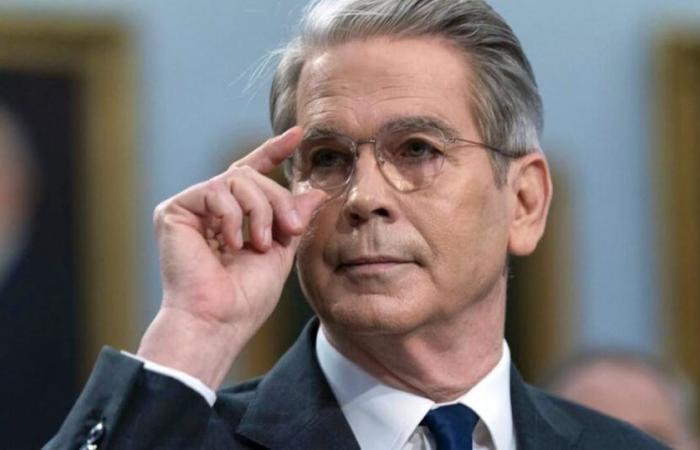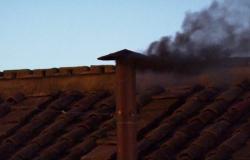The first high-level discussions between the United States and China will take place in Switzerland. US Treasury Secretary Scott Bessent will go there on Thursday to meet a Chinese leader, said his department.
ATS
Mr. Bessent must also meet the president of the Confederation Karin Keller-Sutter, it is written in a press release. The two ministers had already met at the end of April in the United States at the end of April, while the Minister of Foreign Affairs Ignazio Cassis had parallel with his Chinese counterpart Wang Yi in Beijing.
The Chinese Ministry of Commerce as well as the Chinese state media also confirmed a meeting between China and the United States. An interview between Deputy Prime Minister He Lifeng and Scott Bessent is mentioned.
China has decided to contact the United States given the world expectations, Chinese interests and calls from the American industry and consumers, can be read.
-Interviews this weekend
China “will not sacrifice its position of principle” and “will defend justice” during this meeting between its Deputy Prime Minister He Lifeng, the US finance minister Scott Bessent and the US representative with trade Jamieson Greer, warned the Chinese Ministry of Commerce on Wednesday.
“I can’t wait to conduct productive discussions with a view to rebalancing the international economic system to better serve the interests of the United States,” said Bessent.
The two games will meet on Saturday and Sunday to lay the foundations for future negotiations, he said during an interview with the Fox News channel on Tuesday “I expect that we are talking about de-escalation, not a large trade agreement,” he anticipated. “We need de -escalation before we can move forward.”
Substantial customs duties
Tension has been palpable between the two countries since Donald Trump’s return to January to the United States government. Its administration has imposed new customs duties in a total amount of 145% on goods from China, to which are added sectoral measures.
Beijing retaliated by imposing 125% customs duties on American imports in China, as well as more targeted measures. These levels are deemed untenable by most economists, to the point of hovering over the United States and China, but also probably beyond, a risk of recession that would be accompanied by prices.








